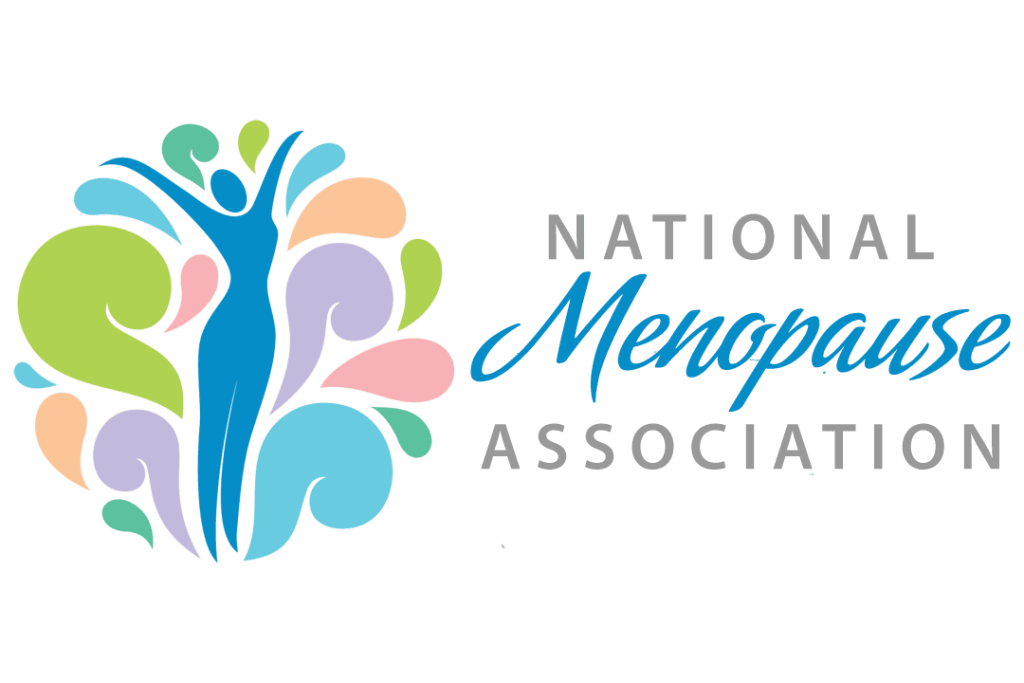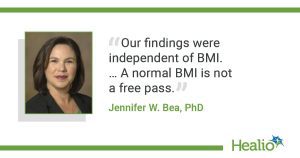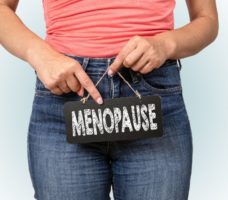Pellet hormone therapy, a solid custom-compounded bioidentical estrogen therapy that is inserted under the skin, may be less safe than FDA-approved HT therapies for postmenopausal women, according to findings presented at the North American Menopause Society annual meeting.
Researchers found substantially increased serum estradiol and total testosterone levels associated with pellet HT.
“While recent prescription rates for custom-compounded bioidentical HT now approach those of FDA-approved hormone prescriptions, the majority of women are either misinformed or unaware that there is no evidence to support the safety of custom-compounded bioidentical HT; the long-term clinical sequelae of [this] HT and abnormally higher estradiol and total testosterone levels are still largely unknown,” Xuezhi (Daniel) Jiang, MD, PhD, FACOG, NCMP, associate professor of obstetrics and gynecology at Sidney Kimmel Medical College of Thomas Jefferson University and director of clinical research in the department of obstetrics and gynecology at Reading Hospital of Tower Health in West Reading, Pennsylvania, told Endocrine Today. “We are in urgent need of future prospective studies to help develop a clinical guideline for safety monitoring in women on custom-compounded bioidentical HT.”
Using data from the Reading Hospital electronic medical record system, Jiang and colleagues retrospectively reviewed serum estradiol and total testosterone levels for 384 postmenopausal women who used pellet HT and 155 postmenopausal women who used HT approved by the FDA.
The researchers found that treatment lasted an average of 3.92 years for pellet HT and 3.33 years for FDA-approved HT (P < .0001). The average number of serum estradiol assessments during treatment was 6.81 for pellet HT and 0.39 for FDA-approved HT. Similarly, the average number of total testosterone assessments during treatment was 4.98 for pellet HT and 0.14 for FDA-approved HT.
Mean serum estradiol and total testosterone levels for women using pellet HT were 237.7 pg/mL and 192.84 pg/mL, respectively, compared with 93.45 pg/mL and 15.59 pg/mL for women using FDA-approved HT (P < .00001 for both).
According to Jiang, there was also a “significantly higher incidence of side effects” with pellet HT.
“It raises a red flag to clinicians who prescribe custom-compounded bioidentical HT that women on pellet [HT] need to be carefully monitored for their serum estradiol and total testosterone levels before an evidence-based clinical guideline is issued,” Jiang said. “It raises a red flag to women who are on, or consider to be on, pellet [HT] that custom-compounded bioidentical HT may not be as safe as compounding companies have claimed. The majority of women are not aware that many FDA-approved hormone products are, in fact, bioidentical to endogenous human reproductive hormones. In addition, many individualized options for hormone therapy are available to women using FDA-approved products with many dosages/delivery options available.” – by Phil Neuffer
Reference:
Jiang X, et al. Abstract S-14. Presented at: North American Menopause Society Annual Meeting; Sept. 25-28, 2019; Chicago.
For more information:
Xuezhi (Daniel) Jiang, MD, PhD, FACOG, NCMP, can be reached at Daniel.Jiang@towerhealth.org.
Disclosure: Jiang reports no relevant financial disclosures.
This content was originally published here.









